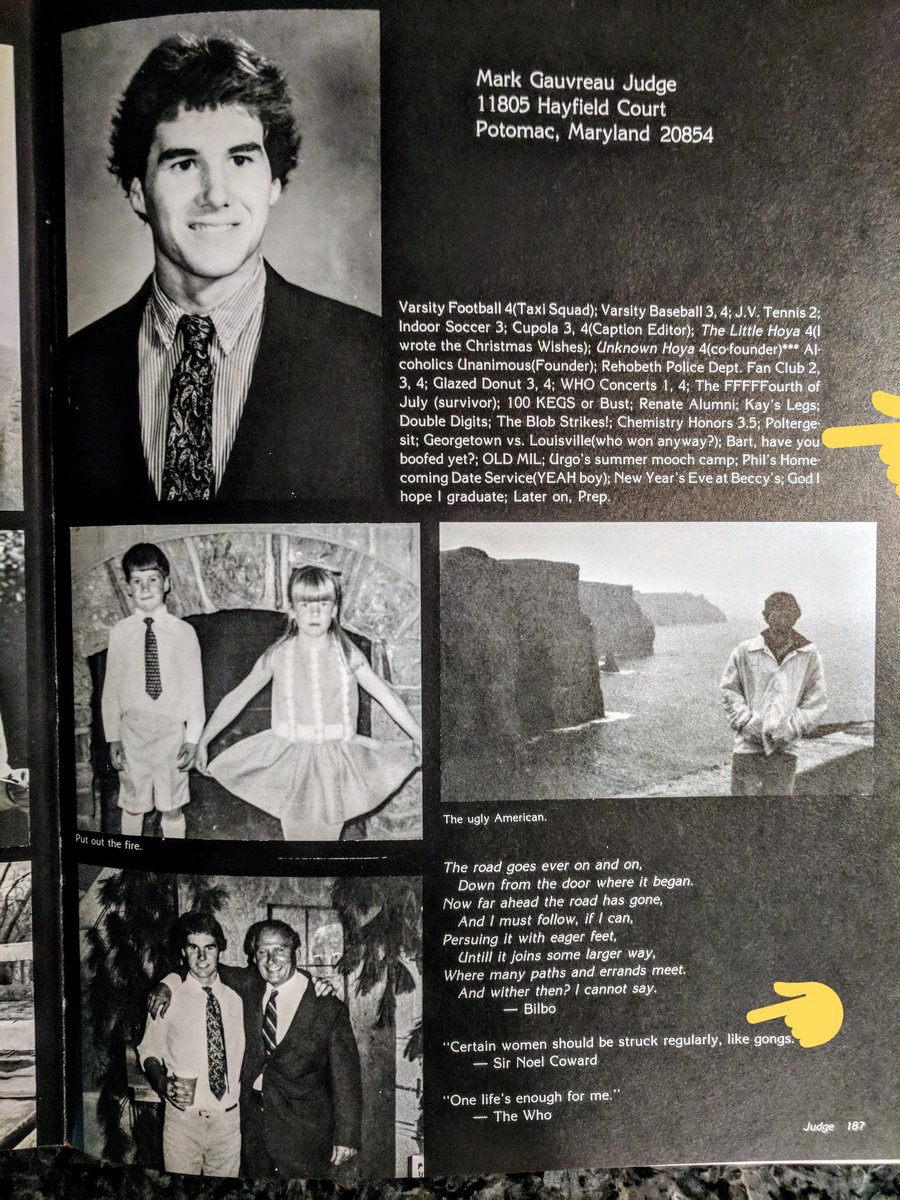Accusation and Defense of Brett Kavanaugh
/On the final days of interviews with Brett Kavanaugh to become a Supreme Court Justice, a woman has accused him of sexual assault when they were teenagers, more than 30 years ago. Professor Christine Blasey Ford wanted to stay anonymous, but she is now known as the one who claims Kavanaugh assaulted her at a Georgetown Preparatory School party when she was 15 and Kavanaugh was 17. She revealed her allegation in a letter to her congressman. Dr. Blasey believes that she would have been raped if Kavanaugh weren’t drunk. Both will testify on Monday.
For leadership and business communication students, let’s look at the arguments on both sides. Here is some of the evidence presented so far:
Twenty-four women who attended private school with Dr. Blasey supported her in a signed letter “to attest to her honesty, integrity, and intelligence.” (For some letter-writing history, read the defense of Professor Avital Ronell and the subsequent explanation.)
Dr. Blasey passed a polygraph test, but critics say the test is imperfect for proving truthfulness.
Although Dr. Blasey doesn’t remember some details (for example, whose house they were at), trauma experts say this is typical for people who experience such a trauma.
Kavanaugh denies the incident: “I categorically and unequivocally deny this allegation. I did not do this back in high school or at any time.”
Mark Judge, Kavanaugh’s roommate at the time, said, “I have no memory of this alleged incident." Dr. Blasey claims he was in the room during the incident. Judge also said, "It's just absolutely nuts. I never saw Brett act that way.” He also said they were raised in Catholic homes that didn’t tolerate such behavior and that Kavanaugh was “brilliant” and not “into anything crazy or illegal.” Judge wrote a book, Wasted: Tales of a GenX Drunk, about his time at Georgetown Prep.
Kavanaugh’s high school yearbook has become public and is “raising eyebrows,” as MSNBC and CNN both report. The yearbook includes captions such as “Do these guys beat their wives?” and “100 kegs or bust,” indicating a party culture. Mark Judge’s yearbook page, shown here, includes a quote: “Certain women should be struck regularly, like gongs.”
The FBI and/or congressional investigation is a nearly impossible task. Does this evidence help?
Cover image source. Yearbook image source.
Discussion:
Which of these evidence points do you consider most and lease relevant to the question of whether Kavanaugh sexually assaulted Dr. Blasey?
What biases might you bring to the analysis? Think about your own assumptions and how they might affect your interpretation.
What advice would you give to members of Senate Judiciary Committee as they decide what happened and, ultimately, whether Kavanaugh should be elected to the highest court position.
















